here are some examples of real-world applications in Montessori education:
Practical life skills:
Montessori education places a strong emphasis on practical life skills, such as cooking, cleaning, and caring for the environment. These skills have real-world applications and help children develop independence and self-reliance.
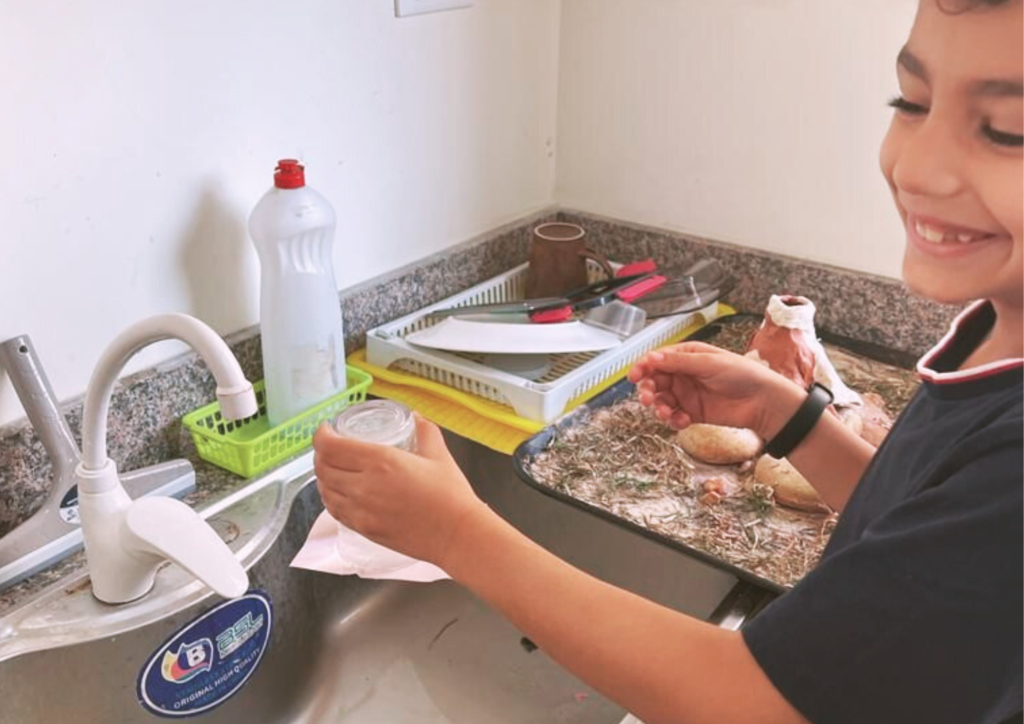
Sensorial exploration:
Montessori materials for sensorial exploration, such as the pink tower, the cylinder blocks, and the color tablets, are designed to help children develop their senses and make connections between the sensorial experiences and the world around them.
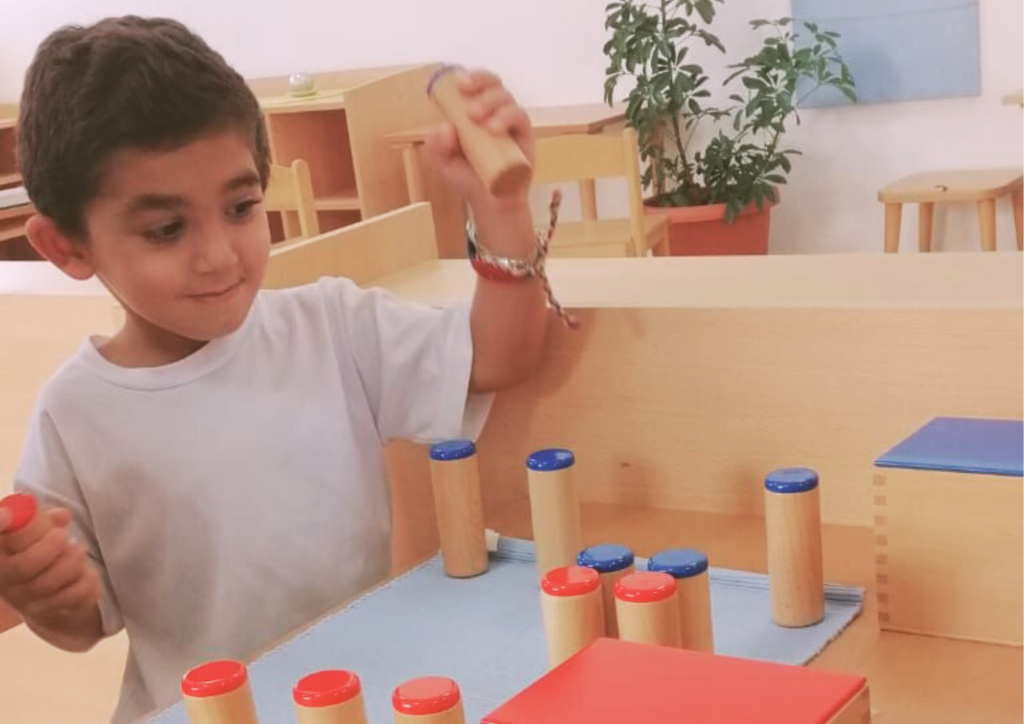
Language skills:
Montessori materials for language development, such as the movable alphabet and the sandpaper letters, help children develop literacy skills and make connections between spoken language and written language.
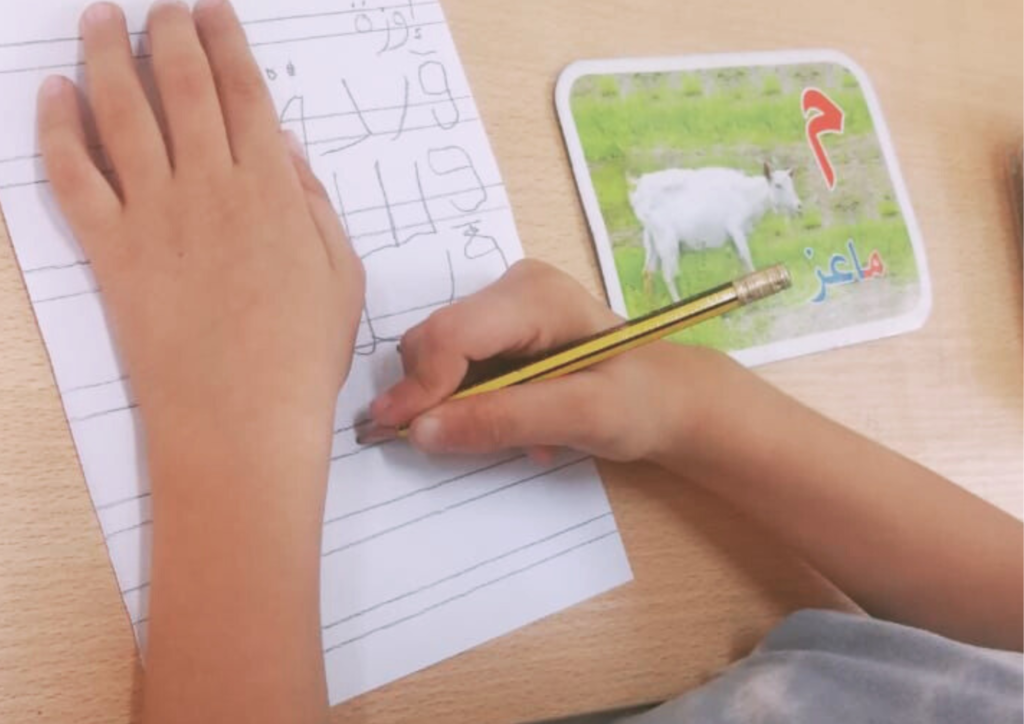
Mathematics:
Montessori materials for mathematics, such as the golden bead materials and the number rods, help children develop mathematical concepts and skills that have real-world applications, such as measuring, counting, and sorting.
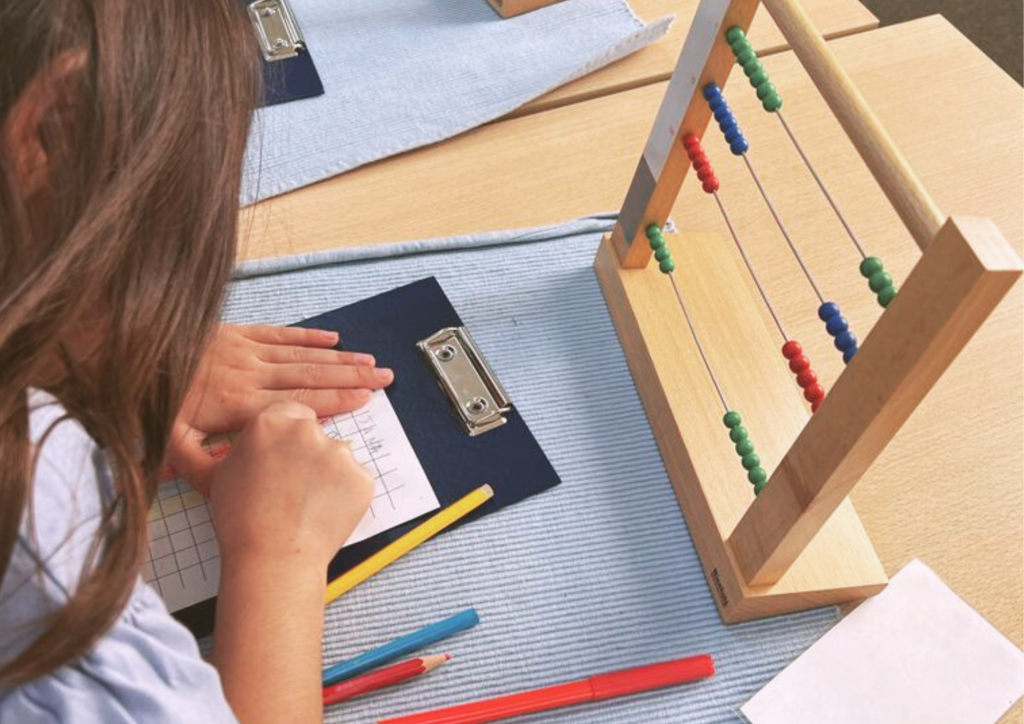
Science and nature:
Montessori education places a strong emphasis on exploring the natural world, and materials such as the botany cabinet, the zoology puzzles, and the geography materials allow children to make connections between the natural world and the world around them.
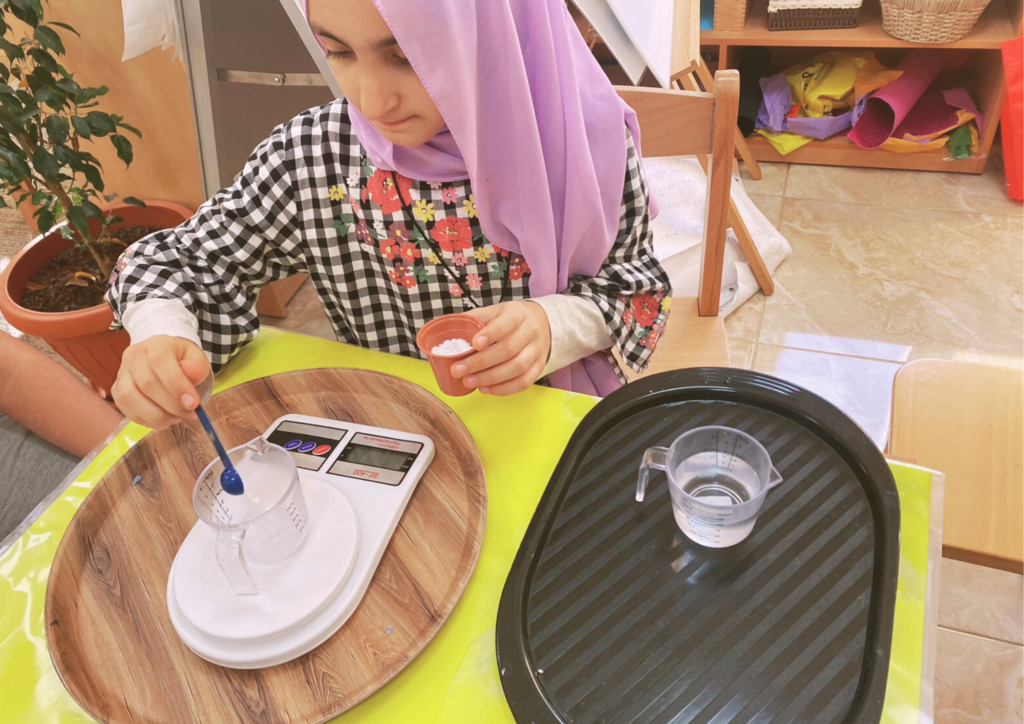
Cultural studies:
Montessori education emphasizes the importance of understanding and respecting different cultures and traditions. Materials such as the continent maps, the cultural costumes, and the flags of the world help children develop an appreciation for diversity and an understanding of the interconnectedness of the world.
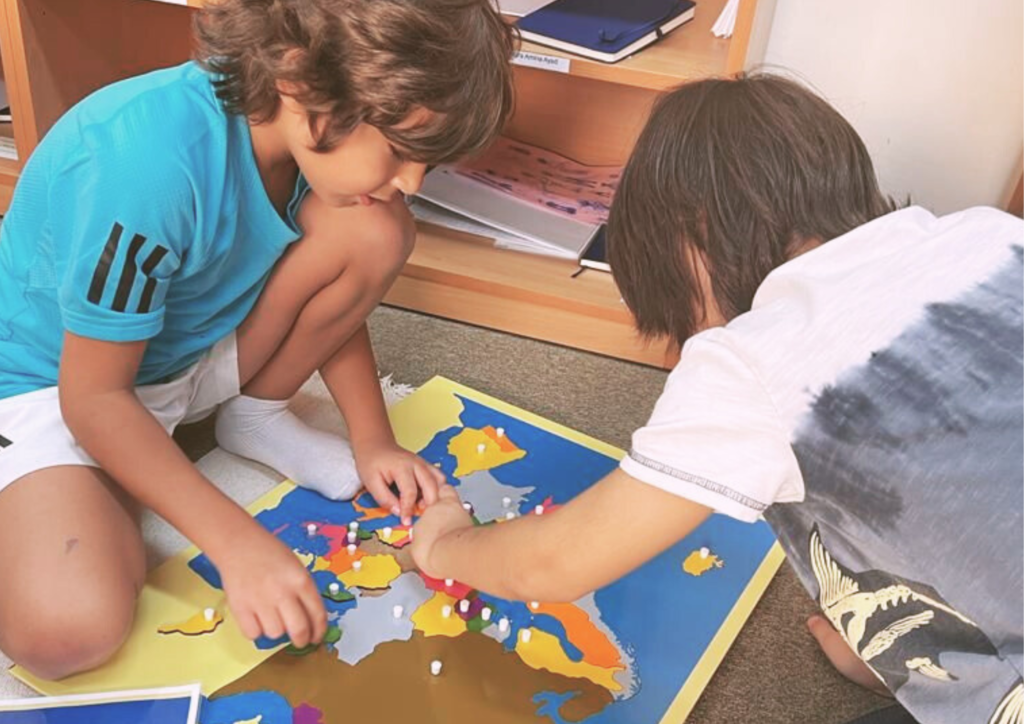
Overall, Montessori education is designed to help children make connections between what they are learning and the world around them. By providing a hands-on, experiential approach to learning, Montessori education helps children develop the knowledge, skills, and understanding they need to succeed in all areas of life.

